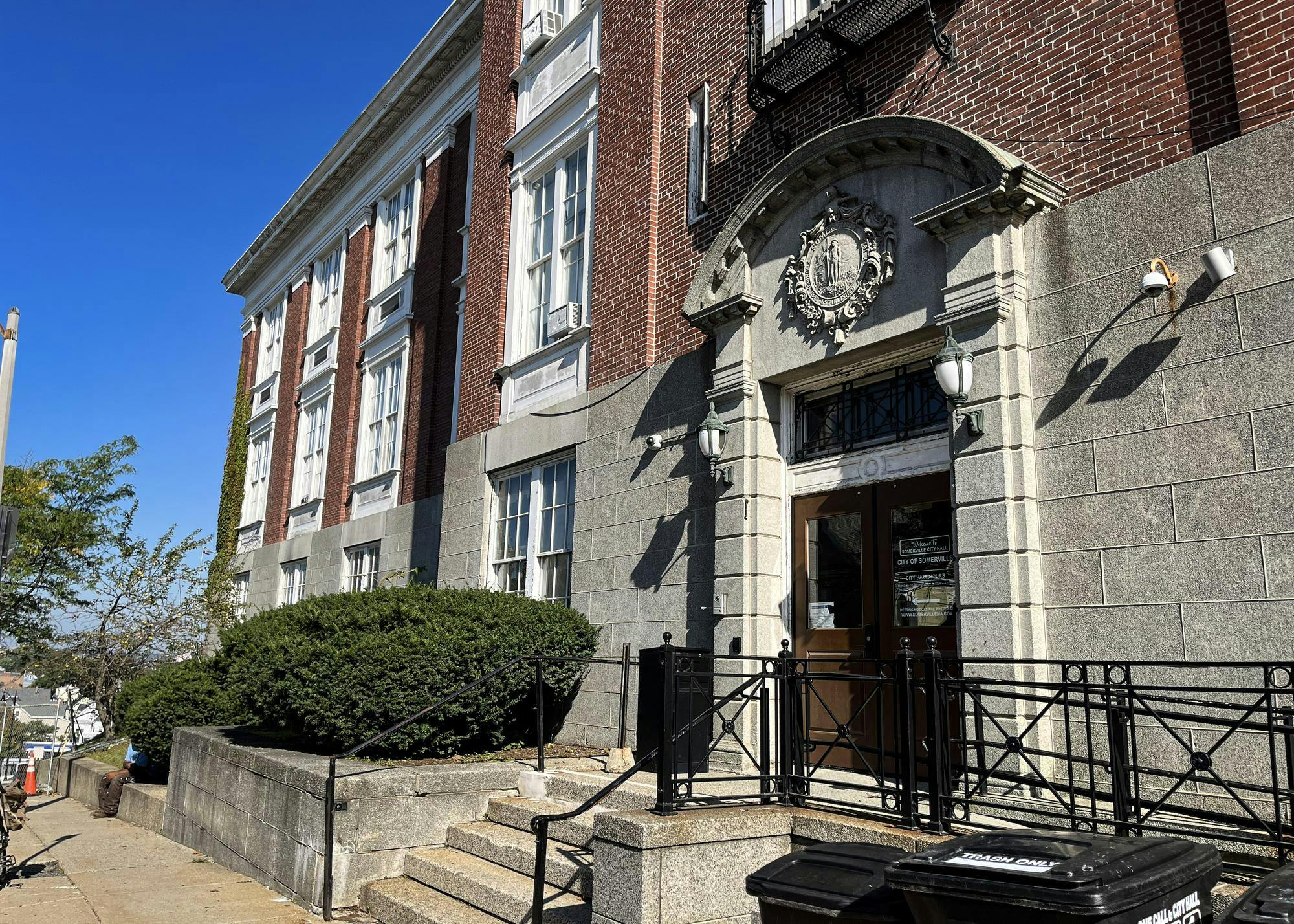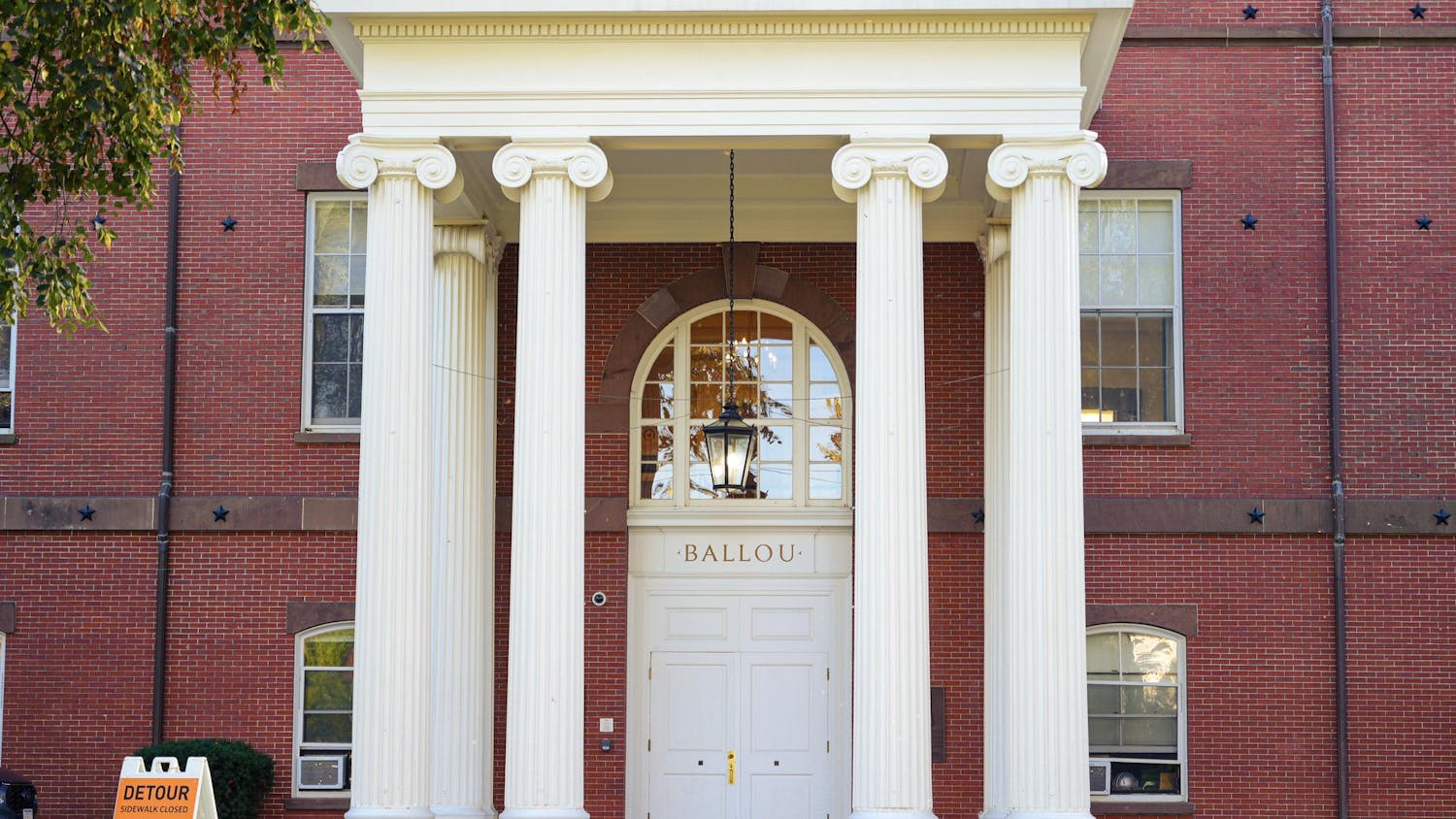Following a national trend of local newspaper closures, the Somerville Wire — a municipal news service which has now served the city of Somerville for the better part of three years — will soon close its doors for the final time. Its editor, Jason Pramas, announced the closure earlier this month, crediting the decision to the service’s inability to raise sufficient funds to pay the service’s two staffers.
Pramas estimated that since its creation in 2021, the publication had amassed an audience of about 2,000 readers. The Wire’s mission, Pramas said, was not to compete with other news outlets, but rather to “put more news into the news ecology.” In fact, any news outlet is welcome to republish anything produced by the Wire, as long as they are not run by a major corporation.
The Wire and its fiscal sponsor, the Somerville Media Fund, were the brainchilds of the Somerville News Garden project. Pramas, also the executive director of the Somerville Media Fund, explained that both were created even amid what he called “several interlocking crises” that have caused “the terminal collapse of journalism.”
One of these crises, Pramas said, is large corporations’ increasing ownership of local media. He explained that when corporations purchase local, family-owned publications, they gradually reduce the staffing and regionalize the sales operations in order to maximize profit.
For example, the Cambridge Chronicle was purchased by Gannett — the largest newspaper publisher in the country — and ceased local coverage in 2022. The Somerville Journal and Medford Transcript, two papers that serve Tufts’ host communities, were also purchased by Gannett and merged into one weekly publication in 2022.
Pramas also took issue with the lack of aid that local publications receive from government and grant foundations. The Wire had previously reached out to the City of Somerville with concerns about outdated state laws that distribute legal notice money strictly to print publications, ones largely owned by newspaper chains like Gannett. In consequence, digital entrants and nonprofit publications like the Wire struggle to acquire funding.
Amid the Wire’s closing, there is concern that Somerville is in danger of becoming a “news desert,” commonly considered a community devoid of a credible, relevant information source.
Willie Burnley Jr., Somerville city councilor at-large, shared that he was initially apprehensive when learning of Pramas’ announcement.
“I do remember feeling a bit worried at the initial announcement that we were going to have potentially either one less publication or a publication that was focusing less on our community,” he said. “I’ve seen people express support for local journalism in Somerville and concerns when there are publications that do not have fair representations of what’s going on.”
The Wire is a testament to the power of the local community. In his editorial, Pramas wrote, the mission of the Wire was “to demonstrate that it was possible for a community in danger of becoming a news desert to organize to provide professionally-produced news on its own behalf and to create a replicable model that other communities could use toward the same goal.”
Despite the Wire’s closure, Pramas wrote in his editorial that he believes Somerville gets more news coverage today than of the time of the publication’s inception. The city continues to be served by the Somerville Times, and the Boston Globe recently launched a weekly newsletter to cover both Cambridge and Somerville.
“I think it was quite clear that there was a gap in the Somerville media ecosystem,” Burnley said of the Cambridge Day expansion. “There was a real opportunity to inform people and have new readership from focusing on issues pertinent to our community.”
That gap is obvious to Chris Dwan, a Somerville resident of 10 years who gets his information from many different sources, including city council meetings, local activist groups and various mailing lists.
“It’s possible to stay informed but there’s no one central place to go to feel like you reasonably have a pulse on what’s going on,” he said.
While the Daily also serves the communities of Medford and Somerville, Pramas believes that the paper has been historically inconsistent in its coverage of local news, especially between a change in leadership every semester. However, he has hope that a greater partnership can form between the student journalists at Tufts and local news outlets to bridge the local news gap.
Dwan believes that while the Wire’s model of maintaining only a select few reporters on payroll is “the right idea,” finding funding for their salaries might be harder than it seems.
“I think it comes down to money,” he said. “I think it comes down to being able to pay people for their work and putting out news for its own sake.”
Pramas wrote that while the future source of the Wire’s funding — the Somerville Media Fund — is still undecided, there is hope for a revival of local Somerville media. According to Pramas, the Somerville Education Foundation is in the process of converting into the Somerville Foundation, capable of raising more money than the Somerville Media Fund and which will include a “media and journalism ‘domain of action.’”
“I wouldn’t say that we’re quite a news desert yet, but it is quite concerning for me — as an elected official — to see fewer publications that are focusing on Somerville,” Burnley Jr. said. “We have real issues in our community. As far as I’m concerned, there is news that is made here every single day that deserves to be covered.”
Correction: The Boston Globe recently launched a Camberville newsletter. Pramas wrote in his editorial that Somerville, not Cambridge, has seen an uptick in news coverage. His organization is the Somerville Media Fund, not the Somerville Media Foundation.






